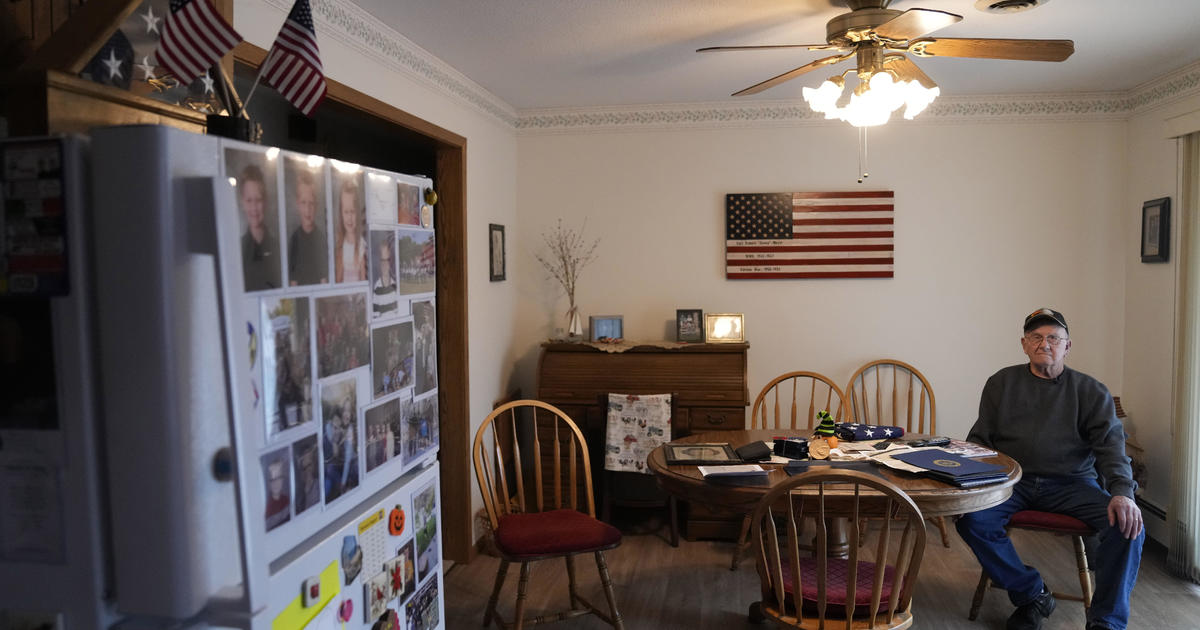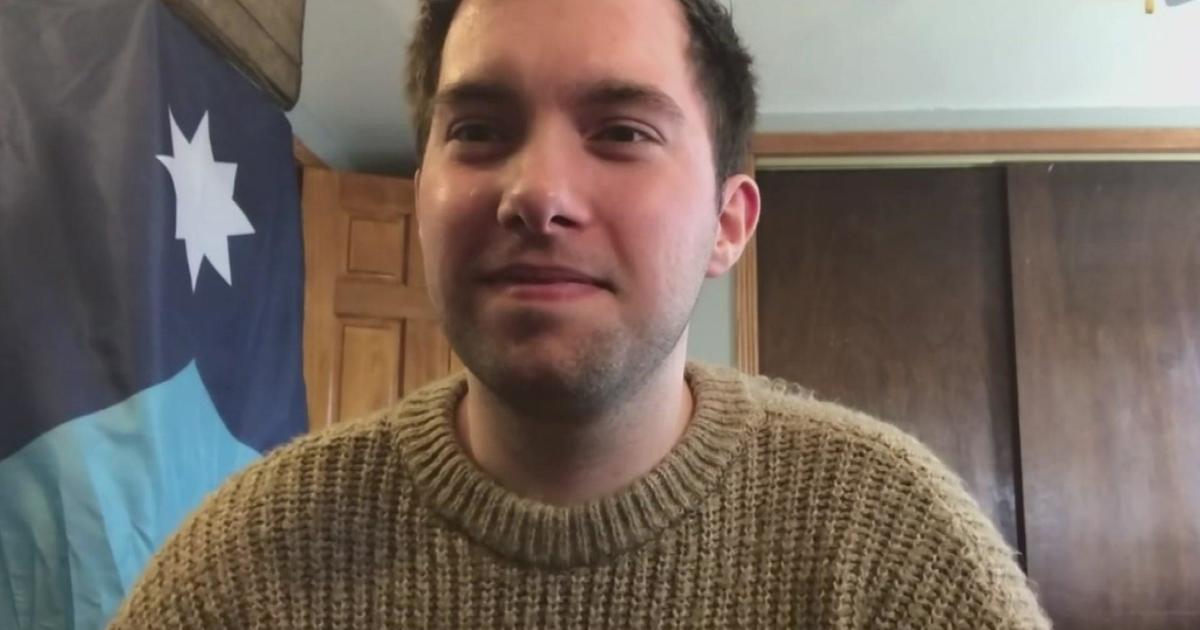Public Out Of 'People's House' During Capitol Restoration
ST. PAUL, Minn. (AP) — Covered in shrink wrap, filled with construction dust and with few seats for the public, Minnesota's stately Capitol isn't living up to its moniker of "The People's House" this year.
Major renovations that won't finish until next year have pushed the Senate into a makeshift setup across the street and robbed both chambers of their public galleries, large viewing spaces perched above for everyday residents to monitor legislative activity. With the Capitol rotunda walled off and a cap on the number of people allowed inside the active construction zone, rallies to support or oppose bills are out of the question.
So as Minnesota lawmakers will weigh increasing gasoline taxes, tax cuts, new programs, sex offenders, police body cameras and other controversial topics, most of the public won't be able to see it play out.
Legislative leaders have tried to preserve some public access, but Democrats and Republicans alike aren't thrilled with the results.
"It means that the public isn't going to get the same kind of input they get on legislation," House Minority Leader Paul Thissen said in an interview.
2016 was always expected to be the worst of a three-year, $220 million-plus restoration project expected to largely conclude early next year. But House Republicans' decision to stay inside their Capitol chamber — rather than temporarily move to a new Senate Office building they pilloried in the 2014 election — amid construction has worsened the access problem.
A hard restriction on how many people are allowed inside the building at one time is causing headaches for citizens and media. With 134 members and dozens of staff members to get into the House, media members and everyday Minnesotans split the remaining 30-plus spots. Public passes to get onto the House floor are issued on a first-come, first-served basis.
House Democrats raised the concerns about access on the session's first day last week, challenging Republican House Speaker Kurt Daudt to find a more suitable location. Republican House Majority Leader Joyce Peppin told the chamber that leaders have done what's necessary for the "historic and necessary renovation."
"It's unprecedented, it creates challenges we haven't seen before and to the extent that we're creating any precedent, the precedent won't be enacted again until there's another capitol renovation," she said. "The speaker, in his job and his authority, has made a good faith effort to allow public access to the capitol."
Lawmakers have acknowledged the complications from the lack of public access.
"It's going to be tough because you're not going to have people be able to just pull us off the floor and drop us a note," said Rep. Greg Davids, a Preston Republican. "I guess that's why the Apple iPhone 6 was invented, because we'll take constituents calls even though we might not be able to talk face-to-face."
But that last-minute contact before votes is irreplaceable, and near impossible as neither lobbyists nor ordinary residents are allowed outside the House chamber.
"That's a really important, valuable part of the process and this year, it's not going to be happening. It really is those chance encounters, often, when you learn some new information and actually understand how people are going to be impacted," Thissen, the Minneapolis Democrat, said.
Both the House and Senate have tried to make it work in an unusual year. Each chamber has set up overflow rooms to view floor proceedings on TV. But with the galleries gone, the public has been relegated to small, cordoned-off areas with a dozen or so chairs.
"It's difficult. We've done what we can do here, I think, in the Senate to make it open to the public," Senate Majority Leader Tom Bakk said.
(© Copyright 2016 The Associated Press. All Rights Reserved. This material may not be published, broadcast, rewritten or redistributed.)



